
iProcure Issue 5: 6% Bond
£150,000 | 172 | 0 |
 affordable fertilisers
affordable fertilisers
iProcure systems provide consistent supplies of high-quality agricultural inputs.
 improved incomes for small holder farmers
improved incomes for small holder farmers
Costs are kept down, and quality kept up, improving yields and incomes.
Invest in high quality, dependable agricultural supplies for farmers in East Africa
iProcure’s mission is to sustain smallholder farmers in remote rural areas through improved efficiency of supply chains. iProcure’s supply efficiencies result in improved affordability and quality for the end customers who are smallholder farmers.
Rural farmers have in the past had to struggle with overpricing, poor choice, and counterfeit products. iProcure's network of warehouses and depots supply agro-dealers, stockists and remote farming communities with dependable, quality agricultural inputs directly from manufacturers in a cost-effective way.
About iProcure
Key product information
Issuer: Fortem Holdings (parent company of iProcure Limited)
Issuing Country: Mauritius
Investment target: £150,000
Minimum investment: £50
Maximum investment: No maximum
Maturity: 12 months
Expected interest rate: 6% per annum
Withholding tax rate: 0% (applicable to UK residents who do not invest within an IF ISA)
Interest payment frequency: 6 monthly
Capital repayment: 6 monthly
Financial instrument: Unsecured interest bearing bond
Security: Unsecured
Key risks
This is a bond issued by a single company (rather than a savings product) and therefore it is recommended that you are careful with the amount you invest.
You must read the investment memorandum (provided below) where a full statement of risks is presented, particularly in section 5. Risk analysis overview.
Documents
See what iProcure do
iProcure are one of the pioneering companies supported by the Energise Africa initiative, a joint venture between Lendahand and Ethex.
What the project investment will enable
With the funds from this raise, iProcure will be able to continue delivering high quality, reliable agricultural supplies to smallholder farmers in rural Africa.
iProcure will use these funds as working capital through their network of warehouses and depots that supply quality agricultural inputs direct from manufacturers. Reliable access to quality controlled agricultural inputs, in a market that sees many counterfeits, enables smallholder farmers to achieve higher yields and better incomes.
Farmers benefit from improved affordability, and dependable quality and supply. iProcure delivers efficiency through its in-house mobile based tech tools that it provides to the retailers that it is supplying.
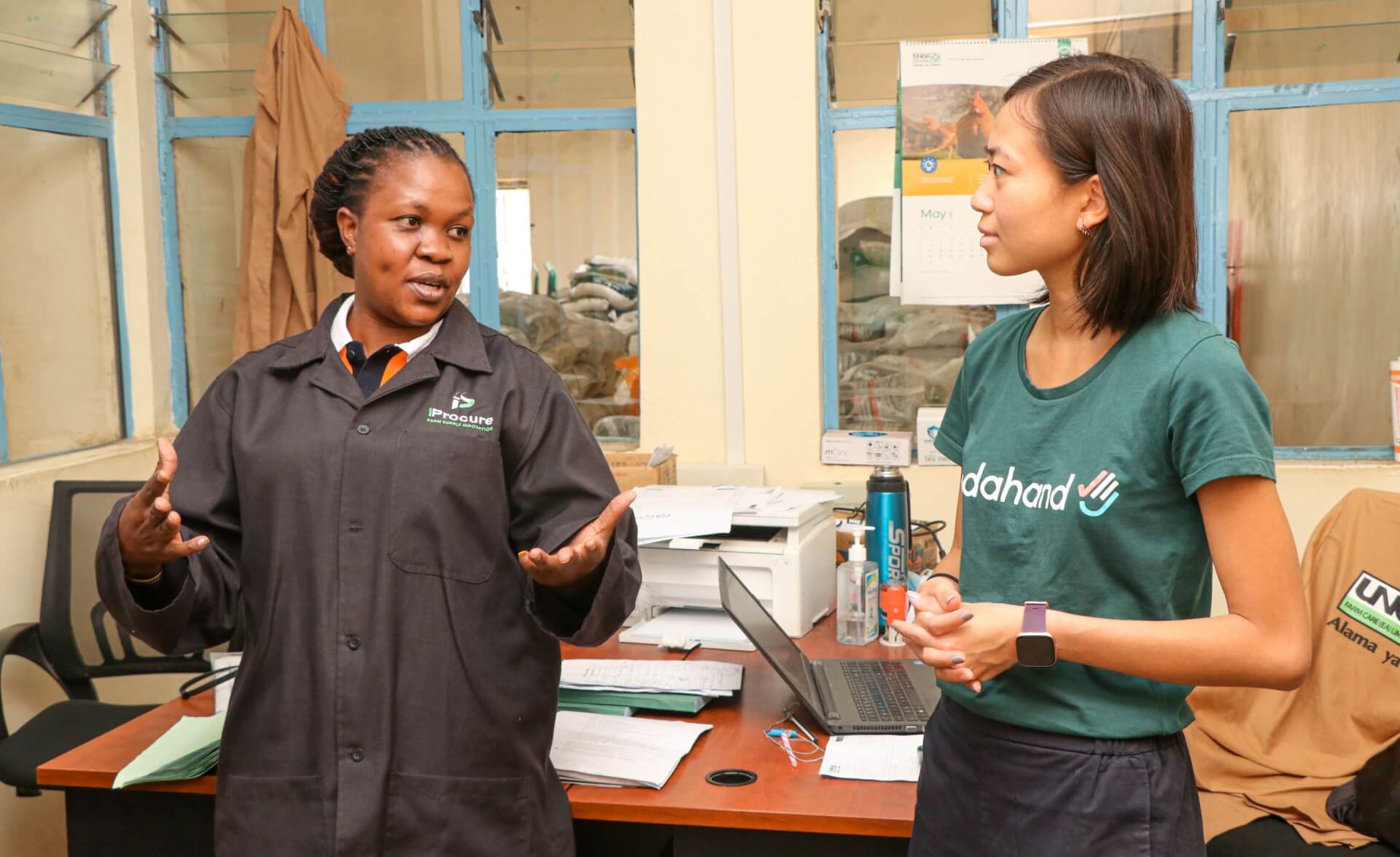
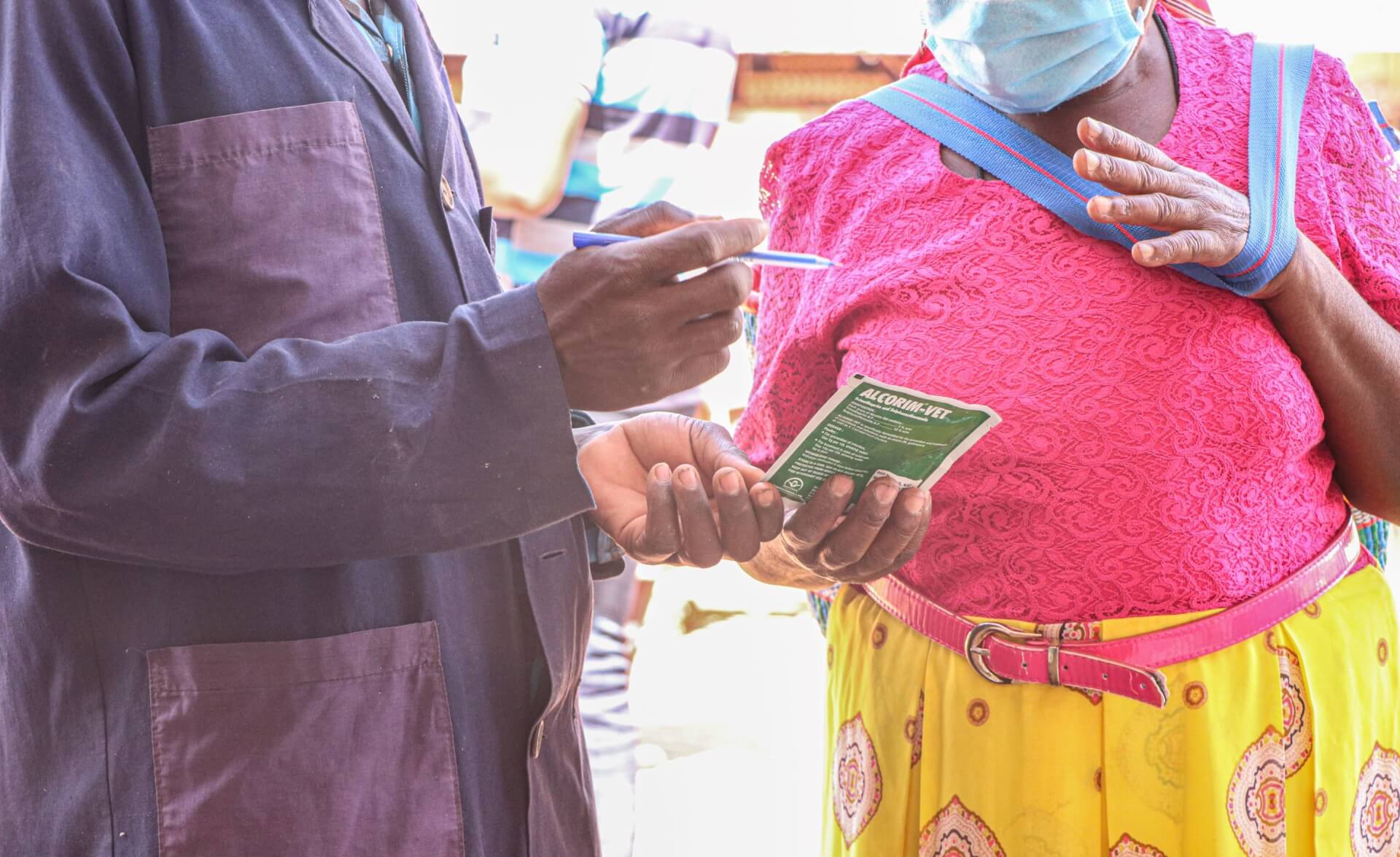
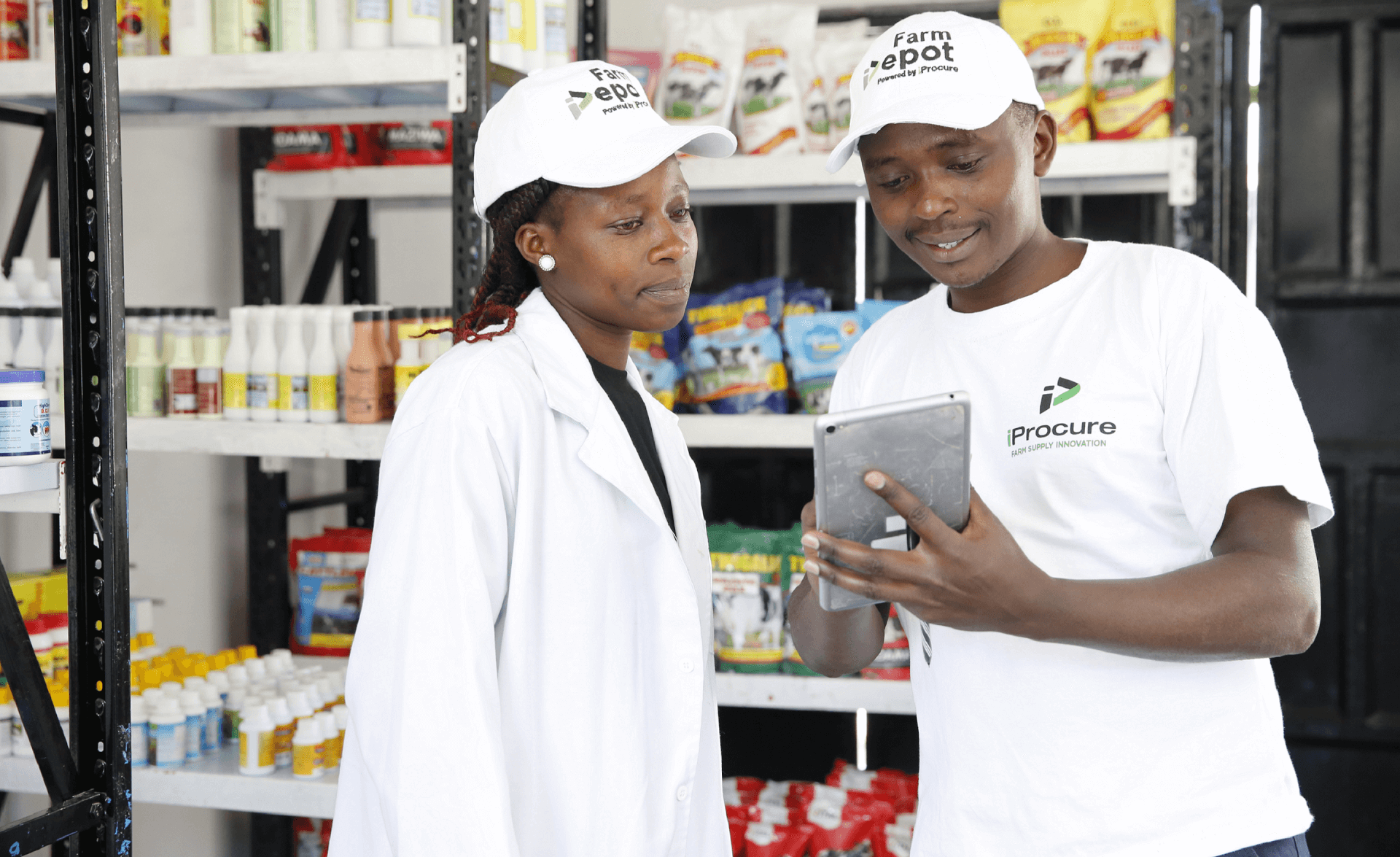
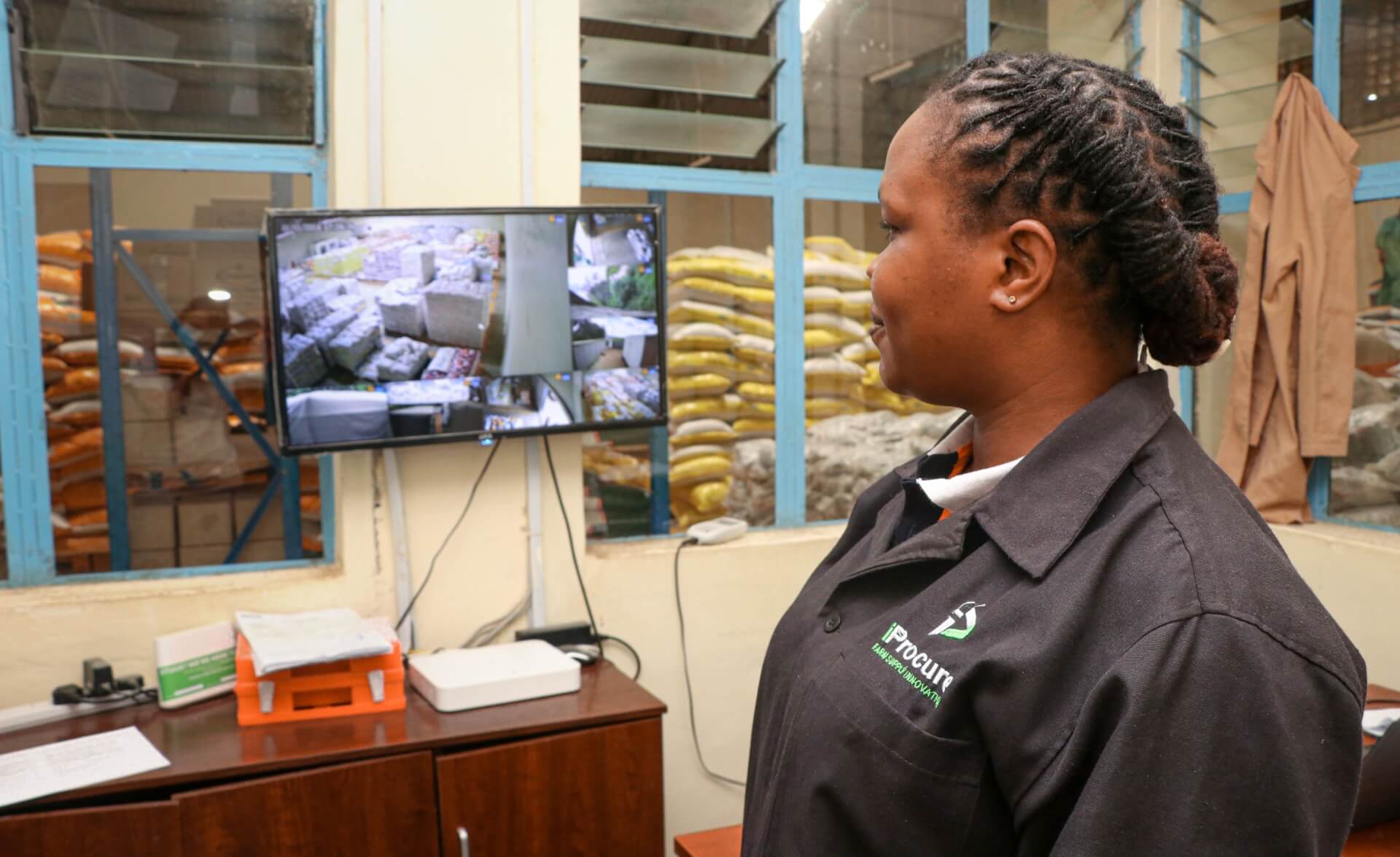
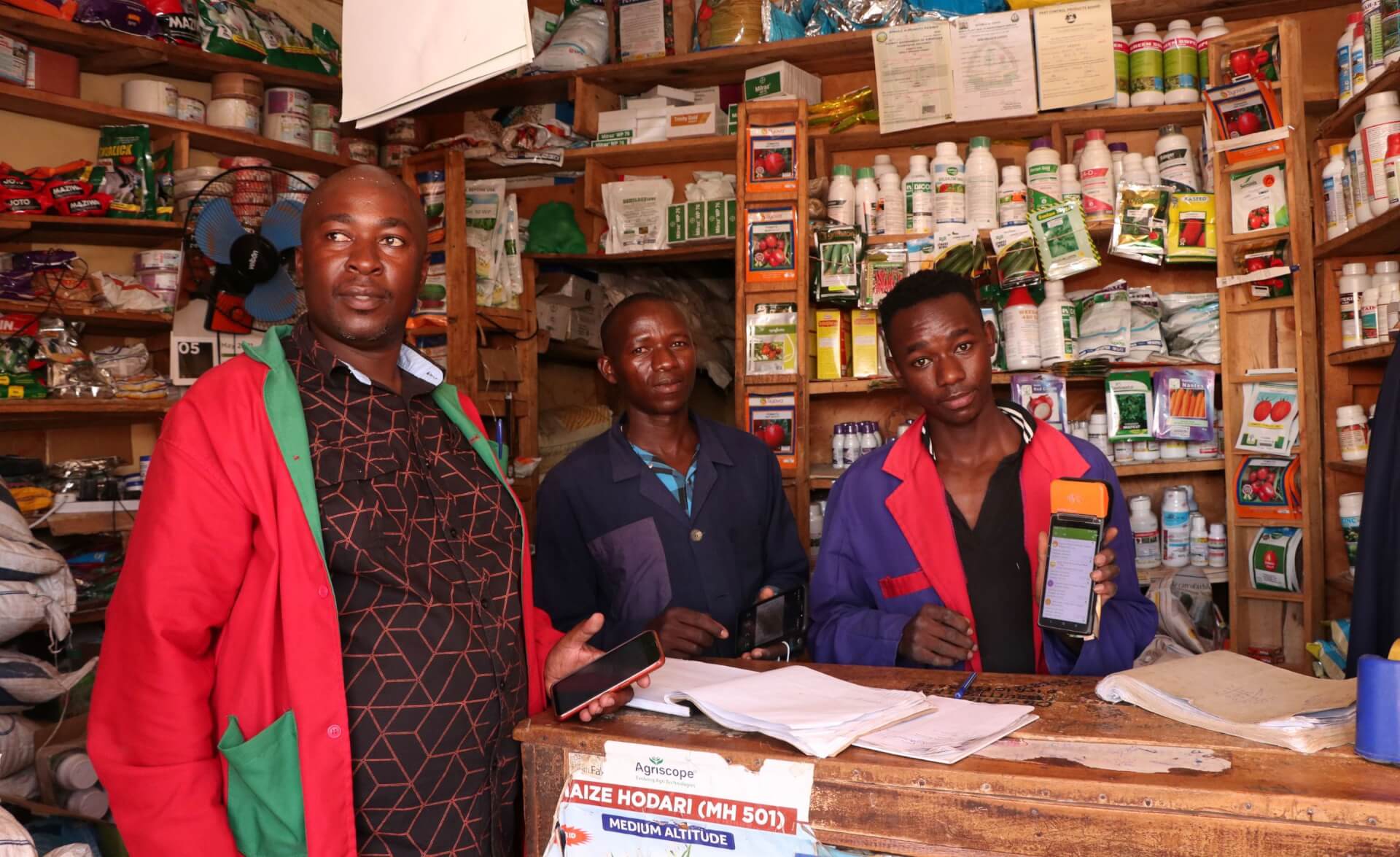

iProcure
Historically, rural farmers in Kenya have had to struggle with an overpriced and poor selection of inputs in a market flooded with counterfeits. iProcure’s supply systems resolve this by introducing transparency, traceability and predictability; mitigating the occurrences of counterfeits, product stock-outs and inconsistent pricing of products.
Smallholder farmers benefit through improvements in pricing (affordability), accessibility of higher quality of agricultural inputs, as well as consistency of supply, leading to lower, more stable prices.
Social and environmental impact
iProcure’s technology and logistics improve the efficiency of supplying agricultural inputs for agro-dealers and their customers in Kenya. The Company has a network of warehouses and depots that supply agro-dealers, stockists and remote farming communities with quality agricultural inputs direct from manufacturers. iProcure’s business model and partnerships ensure high-quality products are made available to farmers in a timely and dependable manner.

Social Impact
In 2019, iProcure carried out a Lean Data Survey that collected detailed insights from their clients. Some of the results from this survey of farmers using iProcure' s products can be found below:
83%
reported that their lives had “very much improved”
94%
see themselves working with iProcure in the next season, and 83% over the next five years
99%
saw an improved quality of life
98%
saw improved production
96%
saw improved income stability
99%
had improved confidence in their farming practice